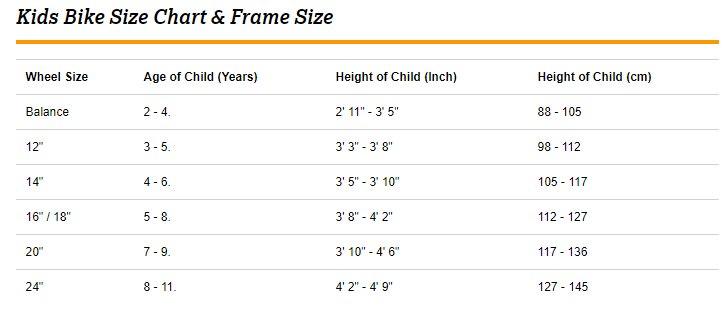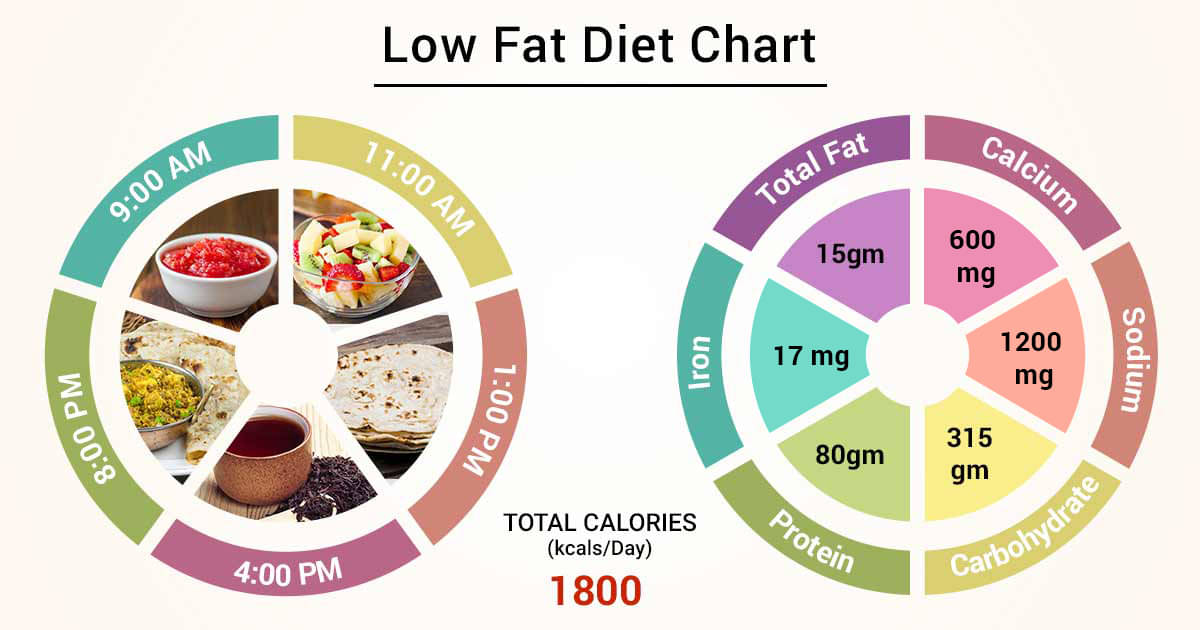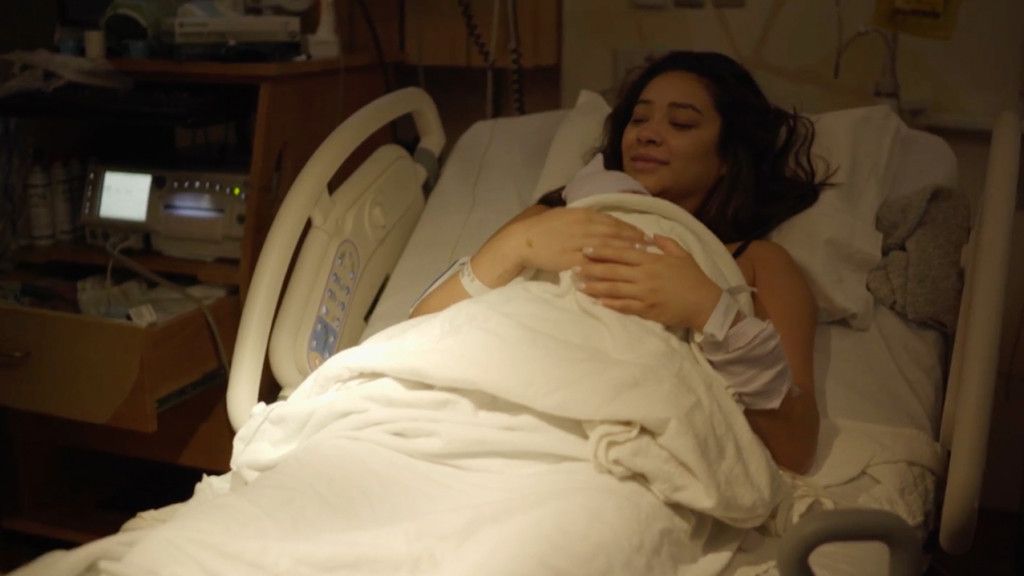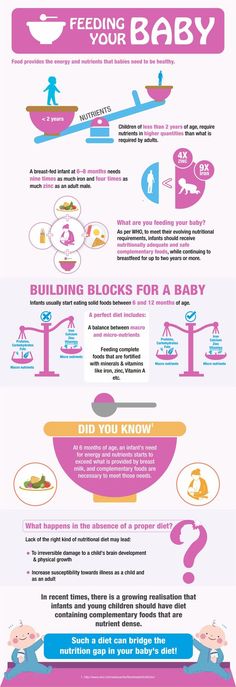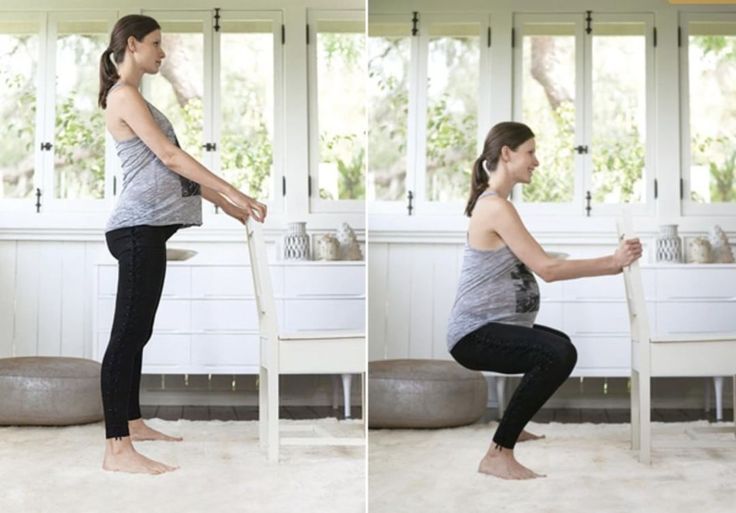Pregnancy after giving birth
Sex and contraception after birth
There are no rules about when to start having sex again after you have given birth.
You'll probably feel sore as well as tired after your baby is born, so don't rush into it.
If sex hurts, it won't be pleasurable. You may want to use a personal lubricant, available from pharmacies, to begin with.
Hormonal changes after birth can make your vagina feel drier than usual.
You may be worried about changes to your body or getting pregnant again. Men may worry about hurting their partner.
It might be some time before you want to have sex. Until then, both of you can carry on being loving and close in other ways.
If you or your partner have any worries, talk about them together. You can talk with your health visitor or GP if you need some more help.
Tips for starting sex again after birth
- If penetration hurts, say so. If you pretend that everything's all right when it isn't, you may start to see sex as a nuisance or unpleasant, rather than a pleasure.
You can still give each other pleasure without penetration – for example, by mutual masturbation.
- Take it gently. Perhaps explore with your own fingers first to reassure yourself that sex won't hurt. You may want to use some personal lubricant. Hormonal changes after childbirth may mean you aren't as lubricated as usual.
- Make time to relax together. You're more likely to make love when your minds are on each other rather than other things.
- Get help if you need it. If you're still experiencing pain when you have your postnatal check, talk to your GP.
Contraception after having a baby
You can get pregnant as little as 3 weeks after the birth of a baby, even if you're breastfeeding and your periods haven't started again.
Unless you want to get pregnant again, it's important to use some kind of contraception every time you have sex after giving birth, including the first time.
You'll usually have a chance to discuss contraception before you leave hospital after your baby is born, and again at your postnatal check.
You can also talk to your GP or health visitor, or go to a family planning clinic, at any time.
Read more about contraception after having a baby.
Sexual health charities Brook and FPA have interactive tools that can help you decide which method of contraception is best for you:
- Brook: my contraception tool
- FPA: my contraception tool
You can also search for your local NHS contraception service.
Contraception and breastfeeding
You're unlikely to have any periods if you breastfeed exclusively (give your baby breast milk only) and your baby is under 6 months old.
Because of this, some women use breastfeeding as a form of natural contraception. This is known as the lactational amenorrhoea method, or LAM.
It's important to start using another form of contraception if:
- your baby is more than 6 months old
- you give them anything else apart from breast milk, such as a dummy, formula or solid foods
- your periods start again (even light spotting counts)
- you stop night feeding
- you start to breastfeed less often
- there are longer intervals between feeds, both during the day and at night
The effect of expressing breast milk on LAM isn't known, but it may make it less effective.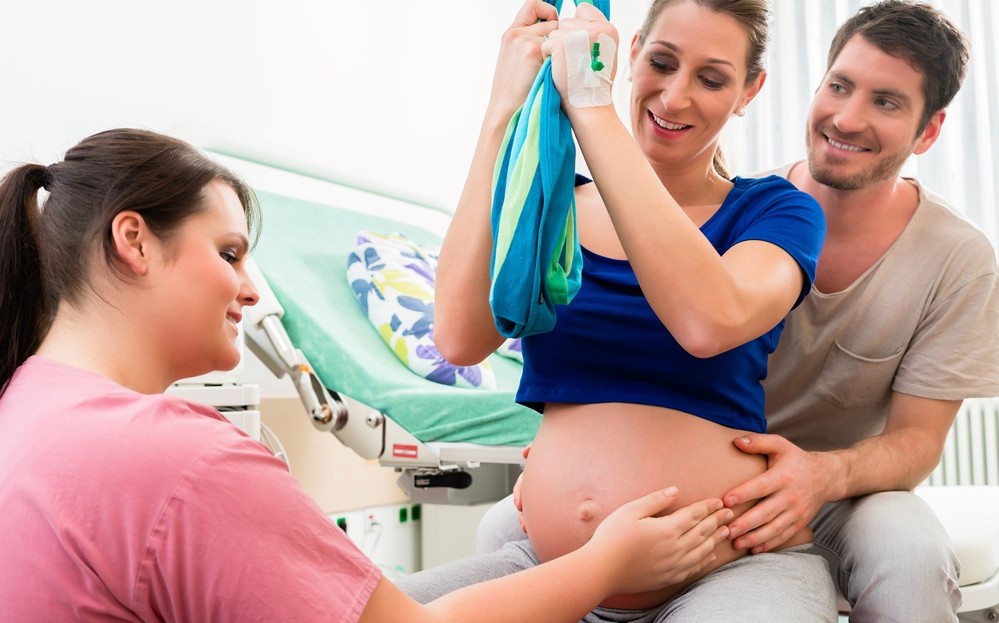
Video: when can we have sex again after birth?
This video explains when you can start to have sex after birth.
Media last reviewed: 23 March 2020
Media review due: 23 March 2023
Page last reviewed: 13 December 2018
Next review due: 13 December 2021
How Soon Can You Get Pregnant: After Having a Baby
How Soon Can You Get Pregnant: After Having a BabyMedically reviewed by Debra Sullivan, Ph.D., MSN, R.N., CNE, COI — By Chaunie Brusie on January 25, 2018
After adjusting the monitor on my patient’s stomach so I could hear the baby’s heartbeat, I pulled up her chart to see her history.
“I see here it says you had your first child… [pause]… nine months ago?” I asked, not being able to hide the surprise from my voice.
“Yes, that’s right,” she said without hesitation. “I planned it that way. I wanted them to be really close in age.”
And close in age they were.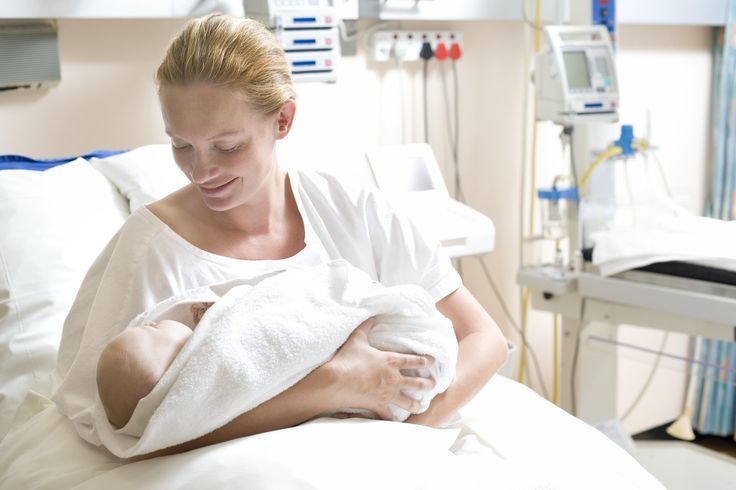 According to my patient’s dates, she got pregnant again almost the moment she left the hospital. It was kind of impressive, actually.
According to my patient’s dates, she got pregnant again almost the moment she left the hospital. It was kind of impressive, actually.
As a labor and delivery nurse, I saw the same mothers coming back almost exactly nine months later more often than you would think.
So exactly how easy is it to get pregnant right after you have a baby? Let’s find out.
Breastfeeding, in theory, is supposed to prolong the return of the menstrual cycle, especially in the first six months postpartum. Some women choose to use this as a form of birth control called the lactational amenorrhea method (LAM), assuming that their cycle won’t return while they’re breastfeeding.
But exactly how long breastfeeding can delay the return of fertility varies. It depends how often and regularly a baby nurses, how long the baby will sleep for stretches at a time, and environmental factors, such as:
- sleep disturbances
- sickness
- stress
Every person is different. For example, I didn’t get my period back until eight or nine months postpartum.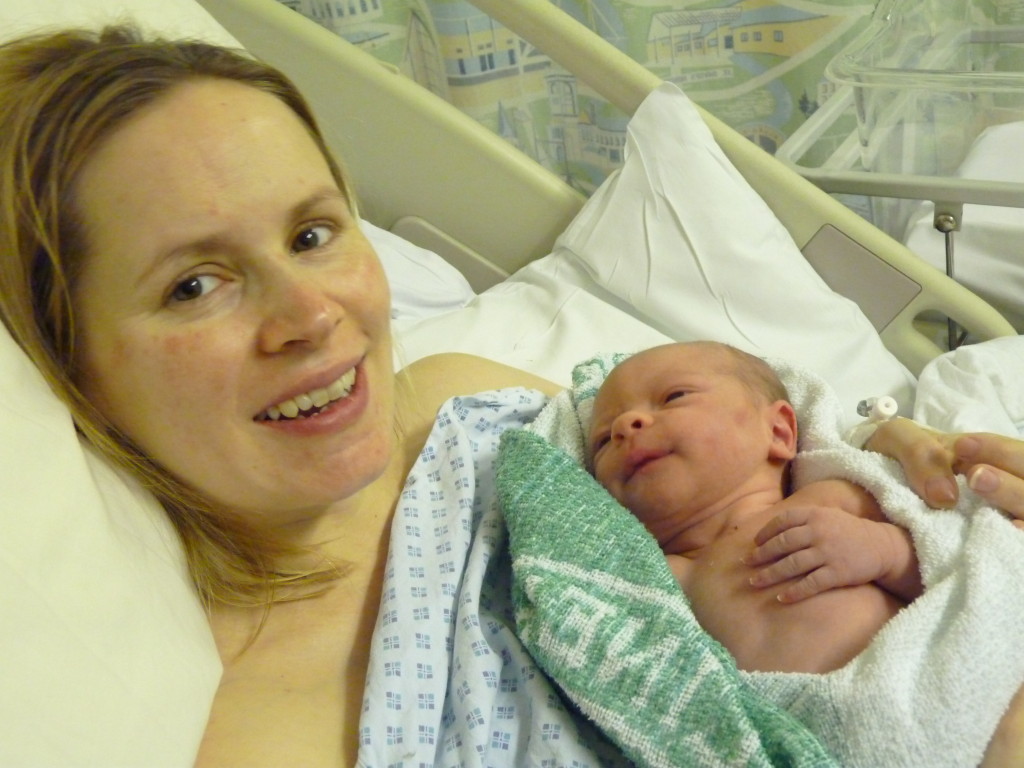 But one of my friends who also exclusively breastfed got her period at only six weeks postpartum.
But one of my friends who also exclusively breastfed got her period at only six weeks postpartum.
Although doctors have confirmed that the delay of the menstrual cycle with breastfeeding can be effective, it’s important to remember that relying on LAM for birth control is most effective if your baby is:
- under 6 months old
- exclusively breastfed: no bottles, pacifiers, or other food
- nursing on demand
- still nursing at night
- nursing at least six times a day
- nursing at least 60 minutes a day
Keep in mind that any fluctuation in the nursing routine, like if your baby sleeps through the night, can cause your cycle to return, too. To be safe, don’t rely on exclusive breastfeeding as effective birth control past nine weeks.
How soon you’ll get pregnant again depends if you’ll be breastfeeding or not.
Breastfeeding and the hormones that go along with milk production can suppress ovulation from returning.
If you’re not breastfeeding, ovulation usually doesn’t return until at least six weeks postpartum for most women.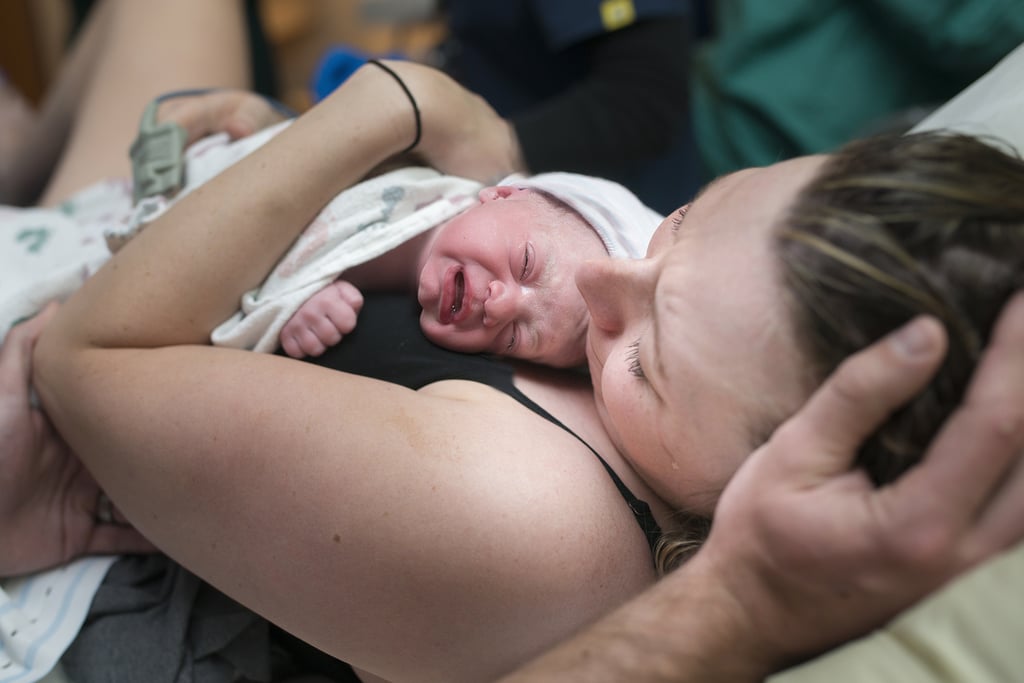 One review from 2011 found, on average, that ovulation returned for nonlactating women on day 74 postpartum. But the range of when ovulation occurred and if that ovulation was functional ovulation (meaning the woman could actually get pregnant with the ovulation) varied greatly.
One review from 2011 found, on average, that ovulation returned for nonlactating women on day 74 postpartum. But the range of when ovulation occurred and if that ovulation was functional ovulation (meaning the woman could actually get pregnant with the ovulation) varied greatly.
A woman will ovulate before her period returns. Because of this, she might miss signs that she’s ovulating if she’s trying to avoid pregnancy. This is how some women can get pregnant without even having their periods back between pregnancies.
Ideally, mothers should wait at least 12 months between pregnancies, according to the U.S. Department of Health and Human Services.
Research has found that the risk for premature birth or your baby being born with a low birth weight increased for gaps shorter than 6 months, compared to those of 18 to 23 months. Intervals that are too short (under 18 months) and too long (over 60 months) have been associated with negative outcomes for both mom and baby.
In general, most women won’t start ovulating right away after having a baby, but the return of the menstrual cycle ranges widely for women.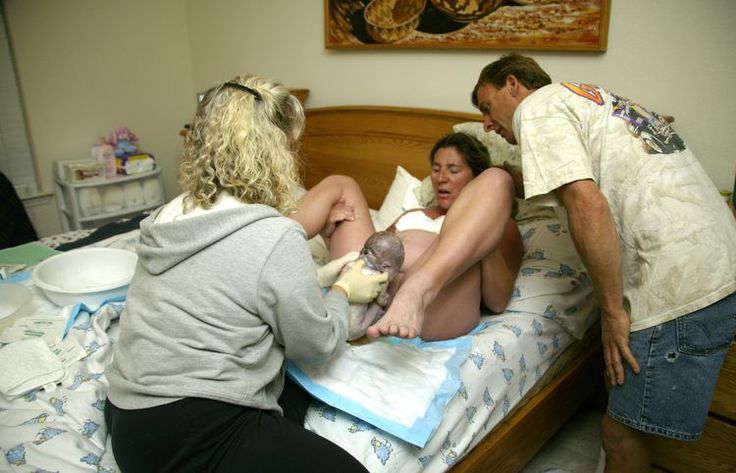
Every woman’s personal cycle is different and factors like weight, stress, smoking, breastfeeding, diet, and contraceptive choices will affect the return of fertility.
If you’re planning on avoiding pregnancy, you’ll want to talk to your doctor about family planning options, especially if you’re breastfeeding and aren’t sure when your cycle will return.
Last medically reviewed on January 26, 2018
- Parenthood
- Pregnancy
How we reviewed this article:
Healthline has strict sourcing guidelines and relies on peer-reviewed studies, academic research institutions, and medical associations. We avoid using tertiary references. You can learn more about how we ensure our content is accurate and current by reading our editorial policy.
- Cone-Agudelo A, et al. (2006). Birth spacing and risk of adverse perinatal outcomes: A meta-analysis.
ncbi.nlm.nih.gov/pubmed/16622143 - Copen CE, et al.
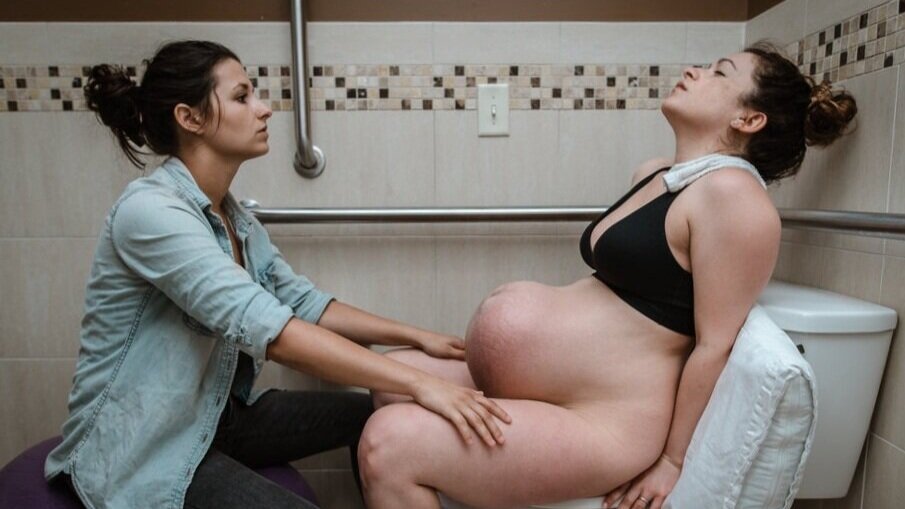 (2015). Interpregnancy intervals in the United States: Data from the birth certificate and the national survey of family growth.
(2015). Interpregnancy intervals in the United States: Data from the birth certificate and the national survey of family growth.
cdc.gov/nchs/data/nvsr/nvsr64/nvsr64_03.pdf - Foster C. (2006). Breastfeeding and fertility.
llli.org/nb/nbsepoct06p196.html - Getting pregnant again. (2017).
womenshealth.gov/pregnancy/childbirth-beyond/get-pregnant-again.html - Jackson E, et al. (2011). Return of ovulation and menses in postpartum nonlactating women: A systematic review.
ncbi.nlm.nih.gov/pubmed/21343770 - Peterson AE, et al. (2000). Multicenter study of the lactational amenorrhea method (LAM) III: Effectiveness, duration, and satisfaction with reduced client-provider contact.
ncbi.nlm.nih.gov/pubmed/11172792 - Wyss P, et al. (1993). The risk of conception during lactation.
ncbi.nlm.nih.gov/pubmed/8119562
Our experts continually monitor the health and wellness space, and we update our articles when new information becomes available.
Current Version
Jan 26, 2018
By
Chaunie Brusie
Edited By
Ginger Wojcik
Medically Reviewed By
Debra Sullivan, PhD, MSN, RN, CNE, COI
Share this article
Medically reviewed by Debra Sullivan, Ph.D., MSN, R.N., CNE, COI — By Chaunie Brusie on January 25, 2018
Spotting and Irregular Periods: Normal While Breast-Feeding?
Which Forms of Birth Control Are Safe to Use While Breastfeeding?
Things to Consider When You’re Choosing Birth Control as a New Parent
- View all
Read this next
Spotting and Irregular Periods: Normal While Breast-Feeding?
Medically reviewed by Karen Gill, M.D.
It’s normal to have inconsistent cycles when you’re nursing, and you can chalk it up to the same hormones that cause amenorrhea.
READ MORE
Which Forms of Birth Control Are Safe to Use While Breastfeeding?
For some women, breastfeeding can be a viable birth control method.
 But it isn't your only option. We've got the lowdown on what works.
But it isn't your only option. We've got the lowdown on what works.READ MORE
Things to Consider When You’re Choosing Birth Control as a New Parent
Medically reviewed by Carolyn Kay, M.D.
If you're a new parent, there are many considerations that might influence what type of birth control you choose or whether you want to use birth…
READ MORE
Pregnancy after childbirth: is it worth the risk?
A second pregnancy immediately after childbirth is quite common. Why do doctors recommend waiting about two years before planning another pregnancy? Learn more about this in our article
IMPORTANT! Information from the article cannot be used for self-diagnosis and self-treatment! Only a doctor can prescribe the necessary examinations, establish a diagnosis and draw up a treatment plan for a consultation!
Children - the weather - not one happiness, but two. This is the opinion of many women who become pregnant shortly after giving birth. Of course, such kids are more sociable, less selfish, their needs are about the same. Often they even go to first grade together. But for a mother, such a pregnancy is a serious test.
This is the opinion of many women who become pregnant shortly after giving birth. Of course, such kids are more sociable, less selfish, their needs are about the same. Often they even go to first grade together. But for a mother, such a pregnancy is a serious test.
The author of the article: Lekareva Tatyana Mikhailovna, obstetrician-gynecologist, candidate of medical sciences
The body of a woman does not have time to recover from previous births, pregnancy often proceeds with the threat of termination, and childbirth occurs prematurely. Doctors usually recommend waiting about two years before planning another pregnancy.
It is believed that women resume sexual activity after childbirth after 5-8 weeks. Is it so? Many women postpone the start of their sexual life due to fatigue, decreased libido, and most importantly, because of the fear of an unwanted pregnancy.
Are there ways to help prevent an unplanned pregnancy after childbirth?
To the question "What is important when choosing a method of contraception?" lactating mothers answered:
- no effect on the quality and quantity of breast milk;
- no effect on the growth and development of the baby;
- high reliability.
The most common after childbirth is the so-called lactational amenorrhea method, which is based on the temporary loss of the ability to conceive during breastfeeding. The mechanism of action is a change in the production of hormones in the pituitary gland, which occurs due to irritation of the nipples during feeding.
But it must be remembered that contraceptive effectiveness is maintained only if the following rules are strictly observed:
- Postpartum period not more than 6 months;
- Exclusive breastfeeding at least every 4 hours during the day and 6 at night;
- Absence of menses.
Unfortunately, these conditions are not always feasible… What can we offer in this situation?
Barrier methods (condoms) combined with spermicides, i.e. chemicals that cause the death of spermatozoa are readily available and do not have a systemic effect on the woman's body. However, they must be remembered before every sexual intercourse, and even the highest quality condoms can break.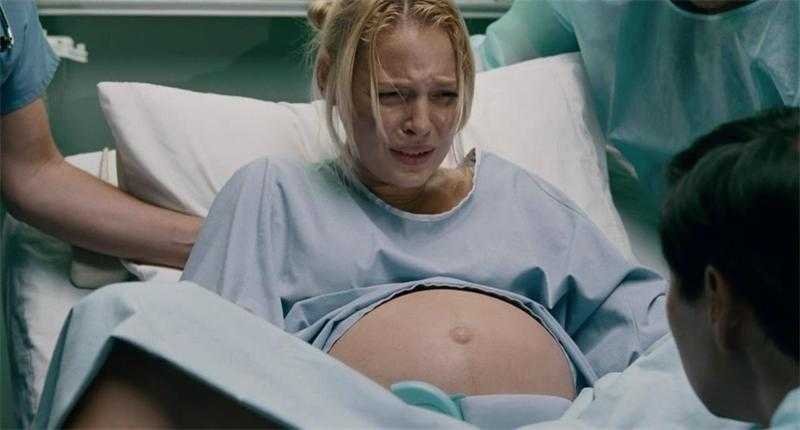
Voluntary surgical sterilization (tubal ligation and transection) may be offered to women over 40 who already have three or more children. The procedure is performed during laparoscopy or at the time of the caesarean section, in a situation where the last birth did not occur through the natural birth canal.
This method is irreversible and if the question of pregnancy later arises, it can only occur with the help of in vitro fertilization (IVF).
Intrauterine devices do not affect lactation and also do not have a systemic effect on the woman's body. This method is highly effective and confidential, i.e. does not require the consent of the partner to use. The introduction of the spiral is usually done 6-8 weeks after birth. Only a specialist can insert a spiral. Before manipulation, it is necessary to conduct a bacteriological examination of the discharge from the genital tract to exclude infectious processes, both specific, caused by chlamydia, mycoplasmas, Trichomonas, etc.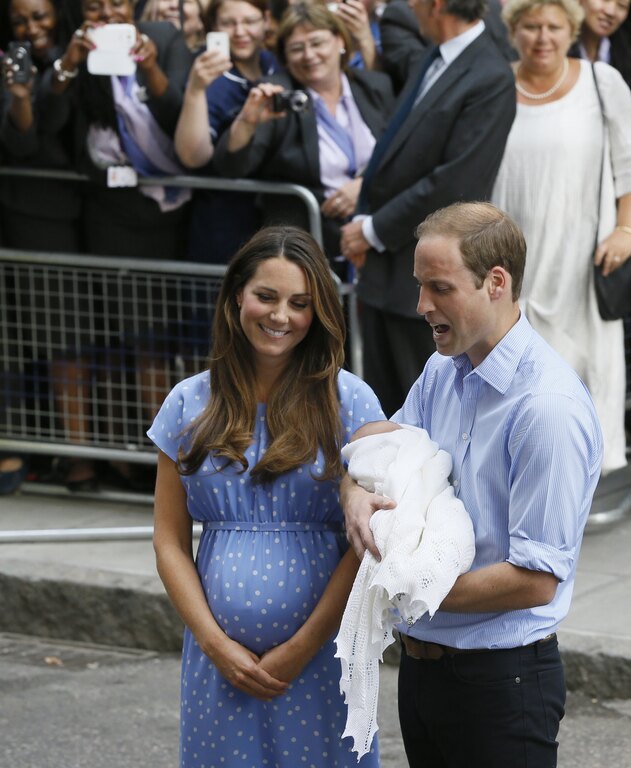 , and non-specific, provoked by their own opportunistic microflora.
, and non-specific, provoked by their own opportunistic microflora.
Side effects of intrauterine contraceptives include pain in the lower abdomen, increased menstrual blood loss, intermenstrual bleeding. Expulsion is also possible, i.e. loss or displacement of the spiral. If this fact is not noticed by a woman, the risk of pregnancy will be extremely high.
The most reliable and easily reversible is hormonal contraception. However, combined hormonal contraceptives are contraindicated in breastfeeding women, as they reduce the volume of breast milk and may affect the development of the liver and brain of newborns.
In this situation, progestogen contraceptives are most often recommended. This type includes several methods - tablet preparations, depot preparations, subcutaneous implants, hormone-containing intrauterine systems.
The most commonly used in our time are precisely tablet preparations, known as "mini-pill". Their main difference from "ordinary" contraceptive pills is the presence of only one active ingredient, progestogen, an analogue of the hormone progesterone.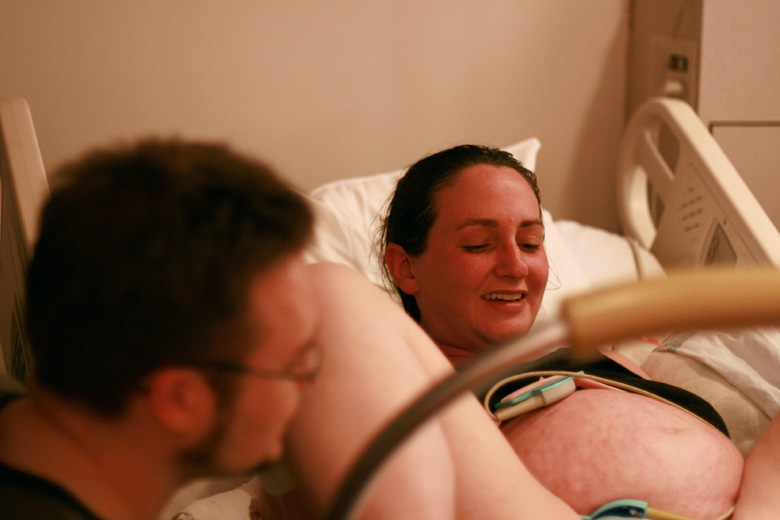 Such drugs meet all the requirements for contraception for nursing mothers.
Such drugs meet all the requirements for contraception for nursing mothers.
When can I start using minipills? According to the recommendations of the World Health Organization, 6 weeks after birth, i.e. just at the moment when many women resume their sexual life. Moreover, it is acceptable to start taking as early as 3-4 weeks after birth, if other methods are unacceptable.
Conditions for starting these drugs include:
- exclusive breastfeeding and absence of menstruation, if no more than 6 months have passed after childbirth;
- 4 weeks postpartum if not lactating;
- first 7 days of the menstrual cycle;
- confidence in the absence of pregnancy.
The main mechanism of action of such drugs is to increase the viscosity of the mucus in the cervix, which makes it difficult for sperm to penetrate through it. Modern drugs containing desogestrel also suppress ovulation, i.e. drastically increase the efficiency.
Instructions for use:
- non-breastfeeding women start on the first day of the menstrual cycle;
- tablets are taken daily, at the same time, after meals, in the evening;
- additional (barrier) methods of contraception must be used during the first 7 days;
- if you are sure that you are not pregnant (the menstrual cycle has not returned, the child is exclusively breastfed), you can start taking the drug on any day.

Classically, the deviation from the prescribed intake time should not exceed 3 hours, but for preparations containing desogestrel, this interval reaches 12 hours, which is very convenient, given that all the thoughts of a woman at this time are busy taking care of the baby.
And finally, a few words about emergency contraception. If unprotected intercourse has occurred, it is important to assess the real possibility of pregnancy. If less than 6 months have passed since the birth and the baby is breastfed, the risk is minimal. If these conditions are not present, emergency contraception should be used as soon as possible.
These can be special tablets designed specifically for use after unprotected intercourse, they can be taken within 96 hours, or the introduction of an intrauterine device is possible, this procedure can be carried out within 5 days.
However, if you have had to use emergency contraception, you do not have a reliable permanent method.
See a doctor who can help you avoid such emergencies. Together with your doctor, you will choose a reliable, safe method of contraception that is right for you, and peace and harmony will reign in life, family and relationships with your loved one.
You can make an appointment with our specialist online on the clinic website or by calling +7 812 327 03 01.
Family planning after childbirth | Krasnaya Gorka
Obstetrics and gynecology
List of services
Why is it important to pay attention to family planning after childbirth
-
• The ability to conceive a child is usually restored within six months after delivery, depending on the duration of breastfeeding.
-
• Using contraceptives will help prevent frequent unintended pregnancies and help maintain general and reproductive health.
-
• To find the method of contraception that is right for you, contact your gynecologist.
 The doctor will help resolve this issue both during the current pregnancy and in the postpartum period.
The doctor will help resolve this issue both during the current pregnancy and in the postpartum period. -
• If you are not breastfeeding after giving birth and have not chosen which method you will use to prevent an unintended pregnancy, use condoms and/or spermicides.
-
• Breastfeeding is essential to your baby's health. There are methods of contraception that can be used during lactation. Talk to your doctor about this.
Note!
-
• After childbirth, the body needs to rest. You need some recovery time to take care of your baby.
-
• Modern methods of contraception are more effective than those offered before.
-
• Any modern methods of family planning are much safer for the body than abortions and multiple pregnancies. By using contraceptives, you will preserve your health and the ability to have children in the future.
-
• Before the first menstruation comes after childbirth, it is very difficult to correctly calculate the safe days for conception.

Lactational amenorrhea method
The lactational amenorrhea method is a method of family planning after childbirth, which consists in active breastfeeding of the child.
If a woman breastfeeds her baby only and does it often, then in the first six months after giving birth, she is usually protected from pregnancy. Otherwise, her ability to conceive a child is restored earlier. Talk to your gynecologist if you can protect yourself this way.
Attention! The lactational amenorrhea method will only be effective if you meet the following conditions:
You can use the method only in the first 6 months after childbirth!
If after giving birth, you do not have any health problems, then you can resume intimate relationships with your partner at any time you want. If these complications are present, discuss with your doctor when you will be able to have sex.
Effective and safe methods of family planning after childbirth
| | Breast-feeding | Artificial feeding |
| Condoms and spermicides | Can be used immediately after the restoration of intimate relationships. | |
| Lactational amenorrhea method | You can use the first six months, provided that the child is breastfed only and menstruation has not yet returned. | Not applicable |
| Combined hormonal contraceptives | You can start taking six months after giving birth or after stopping breastfeeding - whichever happens first. | Reception begins 3 weeks after childbirth before the appearance of the first menstruation. |
| Progestin contraceptives, injectable contraceptives Depo-Provera, Norplant® implants | 6 weeks postpartum | Anytime |
| Intrauterine device | Either within 2 days after delivery, or after 6 weeks. | |
| female sterilization | Either within 2 days after delivery, or after 6 weeks. | |
Doctors attending:
-
Zueva Galina Pavlovna
Deputy chief physician for medical work Krasnaya Gorka on Yuzhny, obstetrician-gynecologist, reproductive specialist, gynecologist-endocrinologist, ultrasound doctor, head of the RAHR department, associate professor of the Department of New Reproductive Technologies, KemSU, Candidate of Medical Sciences
-
Grigorieva Olesya Vladimirovna
Obstetrician-gynecologist, reproductologist, ultrasound specialist
-
Kuzmina Tatyana Sergeevna
Obstetrician-gynecologist, reproductologist, ultrasound specialist
Make an appointment
Name
Phone number
Question
I visit the clinic for the first time
I have a map
Choose a doctorKaryakina L.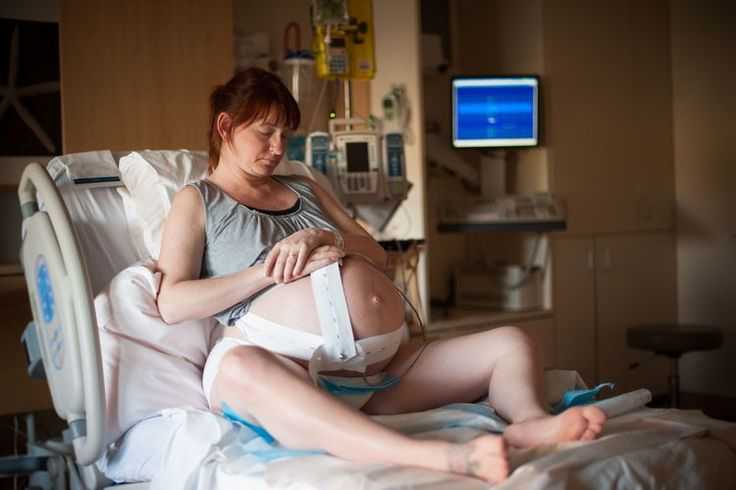

 Sterilization is an irreversible method of contraception, so consider your decision carefully.
Sterilization is an irreversible method of contraception, so consider your decision carefully. 
